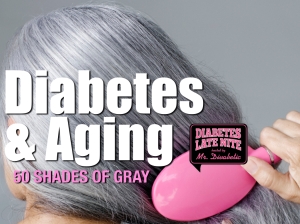
Divabetic
Mr. Divabetic gets the ‘411’ on concerns about having a hysterectomy for women with diabetes with Dr. Andrea Chisholm MD, FACOG, OB-GYN on ’50 Shades of Gray: Diabetes & Aging‘. podcast scheduled for Tuesday, December 15, 2015, 6-7 PM, EST.
Did you know that a Hysterectomy is the most common major surgical procedure (unrelated to pregnancy) performed on women in the US?
Hysterectomy is the surgical removal of the uterus, or womb which may sometimes a hysterectomy include removal of the adjacent Fallopian tubes and ovaries. Because of the advancing development of less invasive treatment options, the incidence of hysterectomy has declined in recent years.
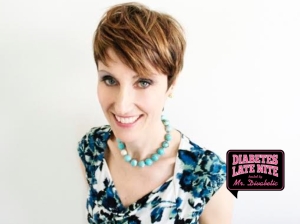
Divabetic
Hysterectomy is a treatment option in the treatment of uterine cancer and cervical cancer as well as for some benign conditions that cause pain and/or severe vaginal bleeding. Fibroid tumors, severe endometriosis, adenomyosis, uterine prolapse, and uncontrollable vaginal bleeding are some benign conditions that have sometimes been treated by hysterectomy.
Different types of surgical procedures are available for a hysterectomy; the choice depends upon the reason for the procedure and the underlying medical condition of the patient. Traditional surgical approaches include both abdominal and vaginal hysterectomies; newer, laparoscopic surgical methods are also available that significantly reduce postoperative discomfort and shorten recovery time.
TUNE IN: 50 Shades Of Gray: Diabetes & Aging podcast on Tuesday, December 15, 2015, 6-7 PM, EST
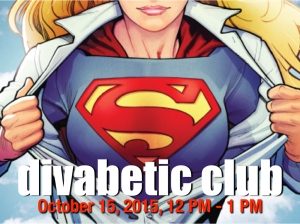
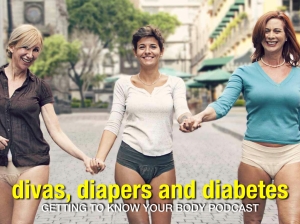


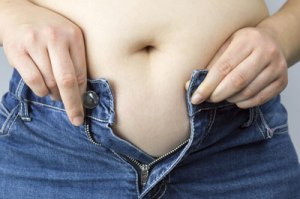


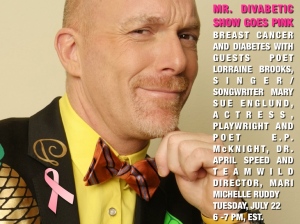








You must be logged in to post a comment.